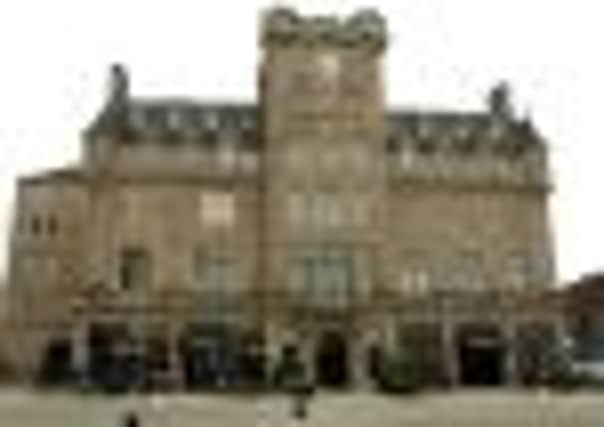Scots hotels facing threat of failure after occupancy rates slide


As cash-strapped consumers rein in their discretionary spending, accountancy firm PKF found that occupancy levels across Scotland’s hotels were 1.6 per cent lower in September than a year earlier. That compared with a 1.8 per cent fall in England but a 0.7 per cent increase for Welsh hotels.
Meanwhile, room yields – the industry measure of revenues – slumped 7.8 per cent in Scotland, a much steeper decline than the 0.8 per cent dip seen across England and in stark contrast to a 3.1 per cent rise in Wales.
Advertisement
Hide AdAdvertisement
Hide AdEdinburgh suffered a 4.5 per cent drop in occupancy for September, with 86.9 per cent of the capital’s hotel rooms fully booked during the month, down from 91 per cent a year ago.
Occupancy in Inverness was down 2.5 per cent year-on-year, but Aberdeen and Glasgow both managed to eke out gains of 1.2 per cent.
Alastair Rae, a partner in the real estate and hospitality sector at PKF, said: “The hospitality sector reflects the economic reality of consumer-facing businesses at present. Discretionary spending is limited, consumers are deeply concerned about their employment security, and the economy continues to flatline.”
He added: “With the sector coming up to its quiet period, it is likely that further hotel operators may go under as the gap until the upturn in the spring may be just too long to last, even with the hope of Christmas and New Year earnings.”
Earlier this month, Malmaison and Hotel du Vin parent company MWB Group called in administrators from Deloitte, having suspended its shares on 31 October after its part-owned subsidiary, MWB Business Exchange, withdrew repayments on a £4.8 million loan. However, plans to open a 91-room Malmaison hotel in Dundee remain on track for completion in July and the group’s existing hotels remain open for business.
In terms of room yields, Glasgow witnessed a 15 per cent drop to £55.41 – the lowest revenue figure since 2005 – and Aberdeen was down 11.5 per cent.
Rae said the downturn is Glasgow was due a decline in concerts, conferences and corporate events, while Aberdeen’s figures suffered in comparison with last year, when the city hosted the biennial Offshore Europe conference.
He added: “Until there is an upturn on confidence and consumer optimism, I doubt we will see much improvement in the operating prospects for Scotland’s hotel sector.
“However, operators with cash will suffer less and there will be opportunities to acquire decent assets at market-adjusted prices.”